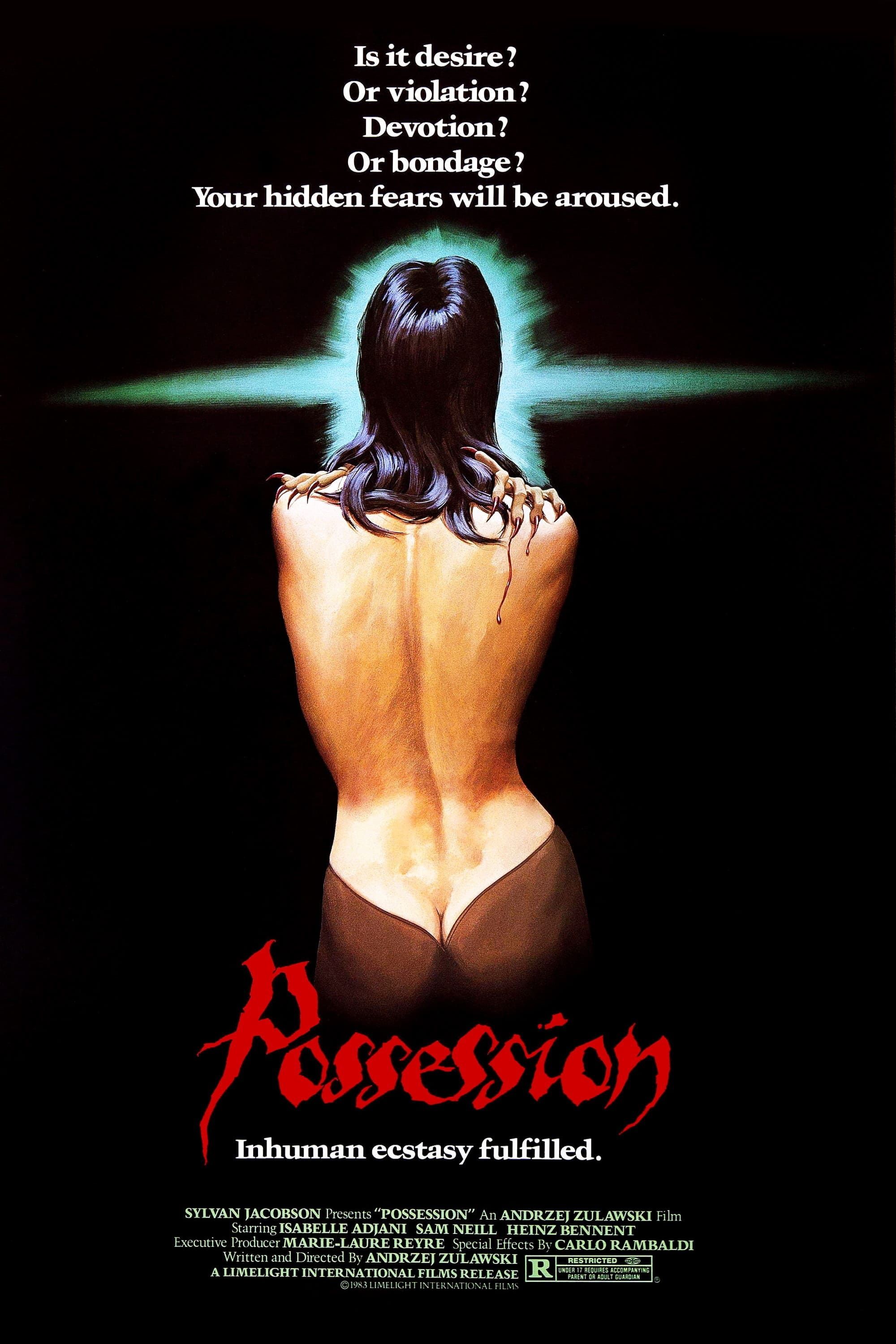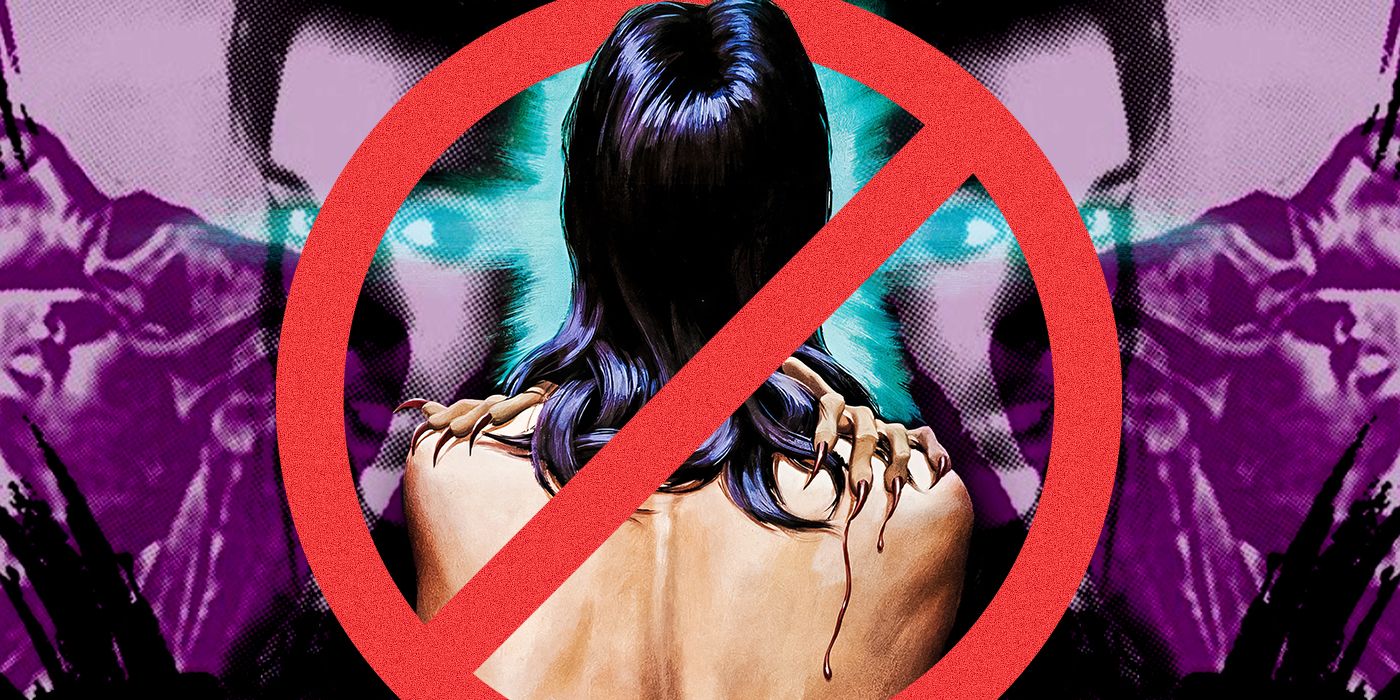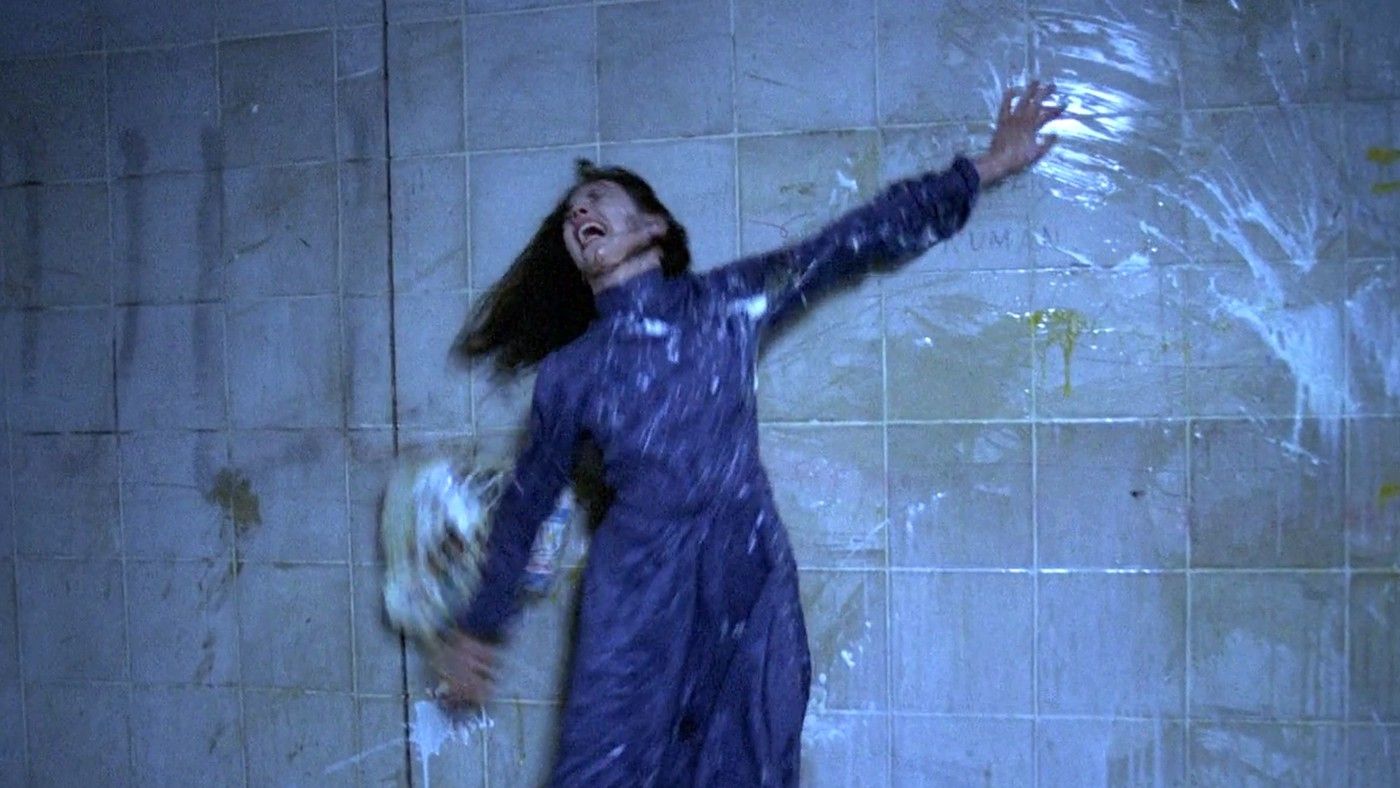The Big Picture
- Possession directed by Andrzej Żuławski, is a psychological horror film that explores marriage, unraveling minds, and possession.
- Isabelle Adjani's frightening performance as Anna won her Best Actress at Cannes, contributing to the film's enduring impact.
- The film faced censorship as a "video nasty" and was heavily restricted and banned, leading to a heavily-edited version that differed from the director's original vision.
The 1981 psychological horror film Possession was Polish director Andrzej Żuławski’s first and only English language film. Even though it is only one singular film, it has had a historical impact on cinema that is equivalent to an entire series of works. Taking a deeply disturbing look at marriage, the unraveling of the mind, and a possession taking hold of its lead character, it has long been considered to be a film far ahead of its time in almost every way. Key among the reasons why it has endured is Isabelle Adjani, whose frightening performance as Anna would win her the Best Actress award at the 34th Cannes Film Festival. Possession itself was also nominated for the festival’s top award, the Palme d’Or, one of the highest recognitions a film can get. Despite all that, it was a story that faced a crackdown and was unable to be seen for more than a decade due to it being branded as a "video nasty" and facing stringent restrictions and bannings.

What Is 'Possession' About?
The film follows Anna and her husband Mark, played by an equally terrific Sam Neill, whose relationship is crumbling after he returns home from doing covert spy work. She subsequently informs him that she wants a divorce, setting off a series of events that get as strange as they do sinister. Both Mark and Anna become increasingly unhinged in scene after scene that slips into being a dark descent into madness. The location it arrives at is completely terrifying as their world begins to fall apart around them. Intermixed within this is the couple’s young son, Bob (Michael Hogben), who is often left alone without anyone to care for him. There is also Anna’s lover, Heinrich (Heinz Bennent), a mysterious teacher who bears a striking resemblance to her, and an abundance of scenes with the couple at each other’s throats, sometimes literally. It is appropriately messy and maddening, putting on a display unlike anything seen at the time. It is all-consuming and deeply affecting.
The full portrait of this family with all that befalls them is so upsetting and nightmarish, that it was banned from getting a proper distribution. A recent restoration has brought the film back in all its glory, though it has been several decades in the making to ensure people can experience it as the director intended when he first set out to make it. Being such a distinct vision that would later win it much acclaim, it became a target of a backlash against cinema that was branded as being potentially harmful to society. To have your film labeled a so-called "video nasty," a label given by a conservative moral panic against films in the 1980s in England, meant your work could be subject to censorship and even complete banning for their content. The reasons for a banning were often quite elusive, though it was usually in regards to a film's extreme violence or sexual content. In the event it ran awry of these guidelines, it could be subject to restrictions.
'Possession' Was Classified as a Video Nasty
That is precisely what happened to Possession. According to a 2010 review in Sight and Sound, the film was included on the video nasty list by the Director of Public Prosecutions (DPP). The DPP held quite a bit of influence as the third most senior public prosecutor in England after the Attorney General and Solicitor General. In the '80s, the DPP made public a list of 72 films that were video nasties, which also included films like The Evil Dead, I Spit On Your Grave and Cannibal Holocaust. This list wasn’t just an empty threat, as it also meant that the film could be prosecuted under the Obscene Publications Act of 1959. This would end up leading to many films being severely limited from being fully seen by audiences.
The inclusion on the blacklist would have lasting repercussions and put a large damper on the film’s success. According to Far Out Magazine, the original cut of the film found itself “banned in the UK and the US” due to being labeled as one of the many video nasties. It did get a release in the US, though only after cutting out more than a third of its runtime. The result was a film that is vastly different from what can be seen now. The film released at the time was a cut that was reduced to being solely about the body horror elements, stripping away all of the central themes of the emotional and psychological pain of the couple’s rapidly disintegrating marriage.
A Heavily-Edited 'Possession' Was Eventually Released
The 81-minute cut, a version that is basically an entirely different movie, was met with mixed to occasionally positive reviews and praise for what audiences were able to see of what was left. However, there was much that felt incomplete and haphazard because of just how much had been removed. It remains a curious thought about what the film’s release could have been had it not been subject to censorship and such drastic cuts. At the very least, audiences and critics could have been able to judge for themselves whether the director’s unfiltered vision was something that they enjoyed as a complete film.
Instead, the release was one that was hacked and cut until it was unrecognizable from what Żuławski initially intended for audiences to see. When it came to the box office, returns proved to be a major letdown. According to Box Office Mojo, the film would gross $1.1 million dollars after being released in the US on October 28, 1983. When it came to the UK, distribution of the film was still banned, so there were no returns to be seen there. For a film that had a budget of $2.4 million, this was an extremely disappointing and disheartening result.
'Possession' Developed a Cult Following
However, Possession was not out for the count when it came to having a lasting cultural impact. The film found new life on VHS, developing a cult following that transcended the box office failings and ensured that it remains a memorable icon of that era in cinema. The more underground attention partly came from the fact that the film had been labeled as a video nasty. It drew the type of audience who were looking to watch something precisely because they weren’t allowed to by the powers that be. Once it got released on DVD, for the first time ever in 2010, its influence spread.
That influence comes from just how memorable many of the scenes are. As BBC film critic Mark Kermode remarked at the time of the first release, audiences can now see the “film’s most notorious sequence” where Adjani walks down a tunnel in “the most bizarrely mesmerizing sequences in modern cinema." Now, more than a decade later, the film’s restoration brings that scene and more into sharp detail for all to see. For a film that was almost wiped off the face of the earth to never be seen again, Possession has become one of the most sought-after works of all time.
Possession is available to stream on Shudder.



